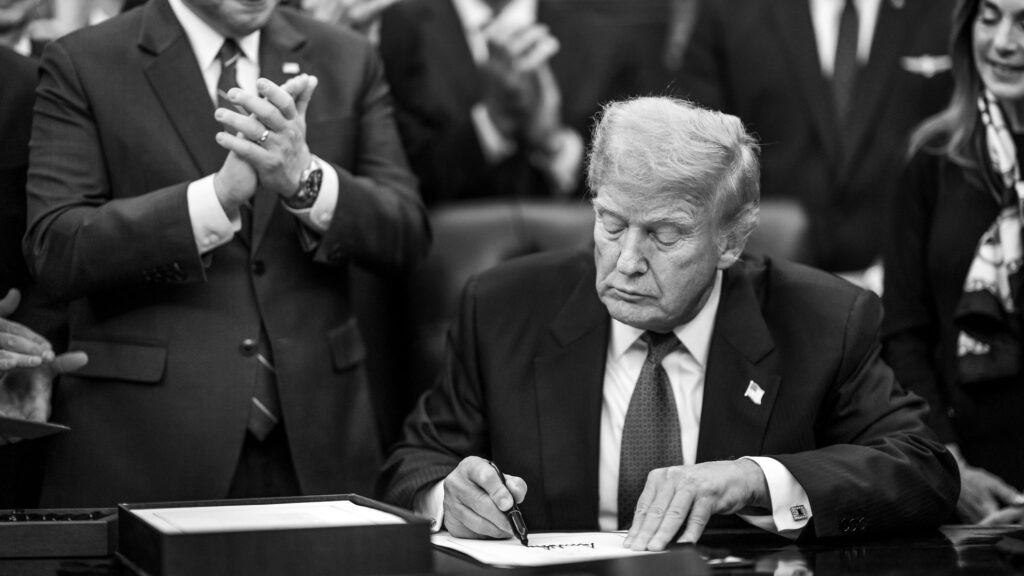Media wrongly insist that the pardon clause only applies to federal charges, yet every attempt to narrow the scope of pardons has failed.
The Constitution’s pardon clause is clear and broad, and conservatives should defend its plain meaning without apology. The power to pardon has been contested in headlines, but history and practice show its reach is not as narrow as modern coverage sometimes claims. Mischaracterizations from credentialed outlets often ignore legal precedent, congressional debate, and the framers’ intent. That matters because a correct reading preserves executive discretion and checks excessive litigation over political matters.
Start with how the clause reads: it vests the president with the ability to grant reprieves and pardons for offenses against the United States. Journalists often treat that as shorthand for only routine, federal-law cases, but the text and context don’t support a cramped interpretation. Courts and commentators have debated limits for centuries, and most efforts to shrink the president’s authority have stumbled. Republicans should point to those failures as proof that the clause was meant to be robust, not toothless.
Look at historical practice: early presidents used the pardon power not as a trivial perk but as a tool for national reconciliation and practical governance. From Washington to Lincoln, chief executives pardoned acts tied to rebellion, treason, and other politically charged situations where mercy served the public interest. That isn’t a secret; it’s constitutional history. The media narrative that reduces the power to narrow, apolitical uses ignores that long record.
Legal challenges have tried to pin down the power into a formula that satisfies critics, but the courts have repeatedly declined to convert a political-constitutional tool into a purely judicial question. Attempts to legislate or litigate a new standard for pardons have met constitutional roadblocks or been rebuffed as intrusive. That track record shows the framers intentionally left room for executive judgment. A strong presidency requires the flexibility to correct legal overreach and to resolve divisive disputes.
Policy debates often mix legitimate concerns about abuse with overstated claims about constitutional limits. Sure, any power can be misused, and oversight is appropriate, but pretending the clause has a narrow, self-evident boundary does a disservice to serious reform. Congressional oversight, impeachment, and political accountability already exist to check misconduct. The pardon itself was designed as part of that balance, not as an exception that swallows executive authority.
Those who insist on heavier judicial policing of pardons should explain what they would replace executive judgment with. Would courts weigh political wisdom? Would Congress impose rigid limits that hamstring timely relief? Republicans who value separation of powers should be cautious about substituting a long, contested decision-making process for the constitutional role assigned to the president. Defense of the clause is a defense of constitutional design, not a cover for arbitrary acts.
Practical governance also favors a broad reading. Pardons can resolve lingering legal disputes, reduce incentives for politically motivated prosecutions, and restore civil rights where punishment has long been served. When the public sees prosecutions used as political weapons, a president’s power to pardon serves as a corrective mechanism. That practical function is part of why attempts to narrow pardons have failed: the system relies on the president as a backstop when other institutions politicize justice.
Finally, push back on how the media frames the debate. Coverage that treats the pardon clause as a limited, obscure relic misleads readers and shapes legal expectations wrongly. Republicans should emphasize constitutional text, practice, and the real-world consequences of shrinking executive tools. Defending the pardon clause is about preserving balance, preventing politicized punishments, and respecting the constitutional scope granted to the presidency.



